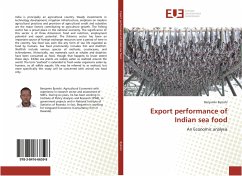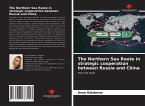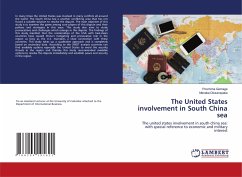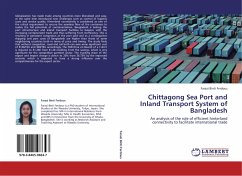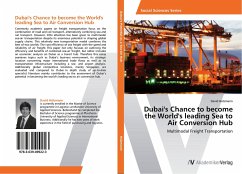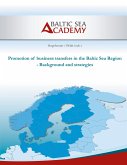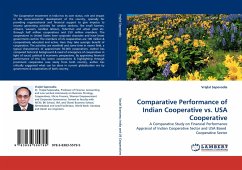India is principally an agricultural country. Steady investments in technology development, irrigation infrastructure, emphasis on modern agricultural practices and provision of agricultural credit and subsidies are the major factors contributing to agriculture growth. The fishing sector has a proud place in the national economy. The significance of this sector is of three dimension: food and nutrition, employment potential and export potential. The fisheries sector has been an important source of foreign exchange resources over a period of time in the country. Sea food was seen like any form of sea life regarded as food by humans. Sea food prominently includes fish and shellfish. Shellfish include various species of mollusks, crustaceans, and echinoderms. Historically, sea mammals such as whales and dolphins have been consumed as food, though that happens to lesser extent these days. Edible sea plants are widely eaten as seafood around the world. The term "seafood" is extended to fresh water organisms eaten by humans, so all edible aquatic life may be referred to as seafood, but more specifically this study will be concerned with animal sea food only.
Hinweis: Dieser Artikel kann nur an eine deutsche Lieferadresse ausgeliefert werden.
Hinweis: Dieser Artikel kann nur an eine deutsche Lieferadresse ausgeliefert werden.

